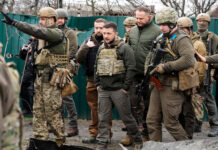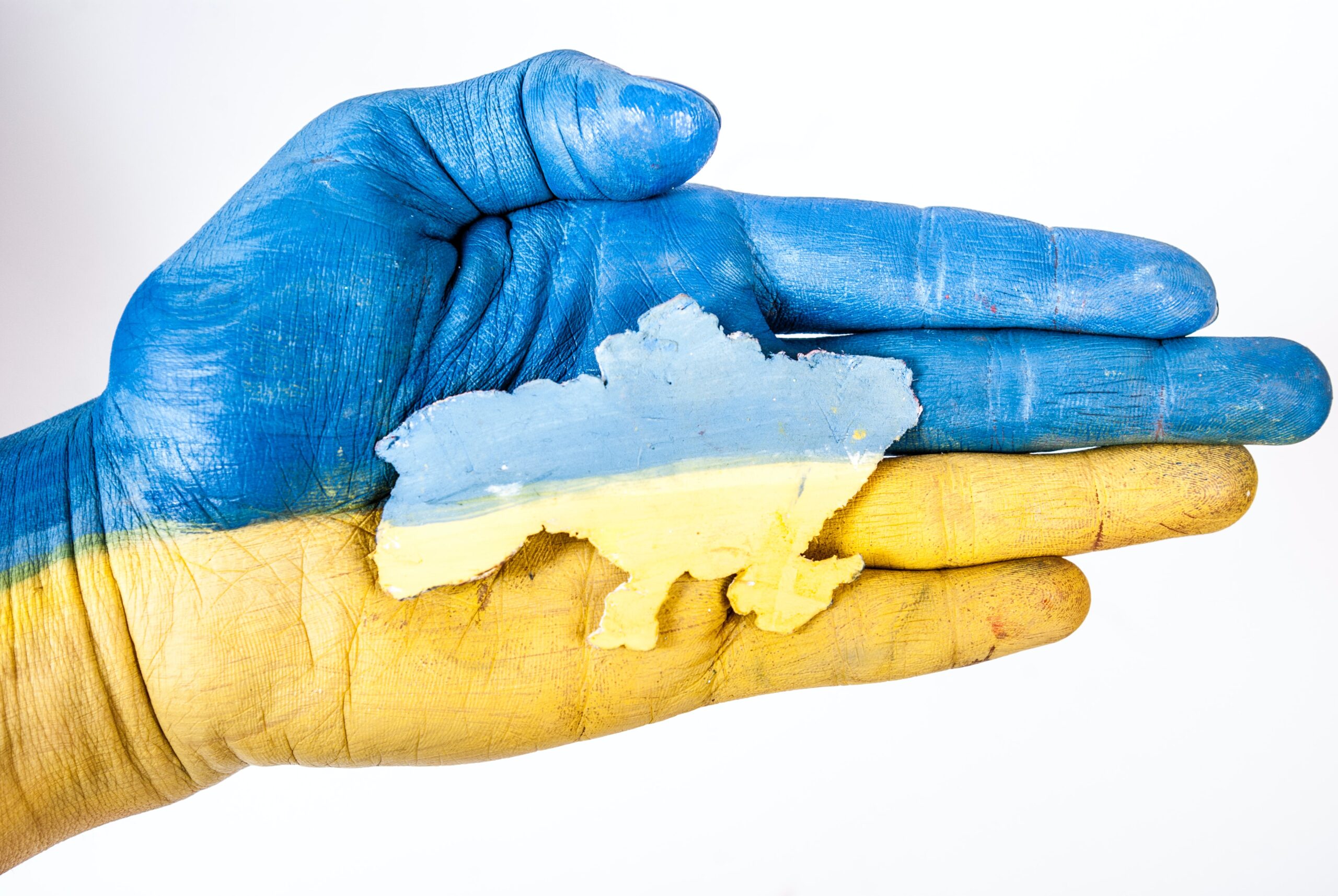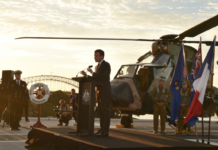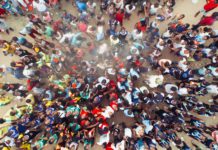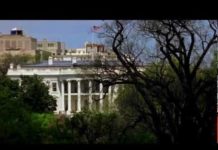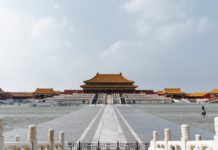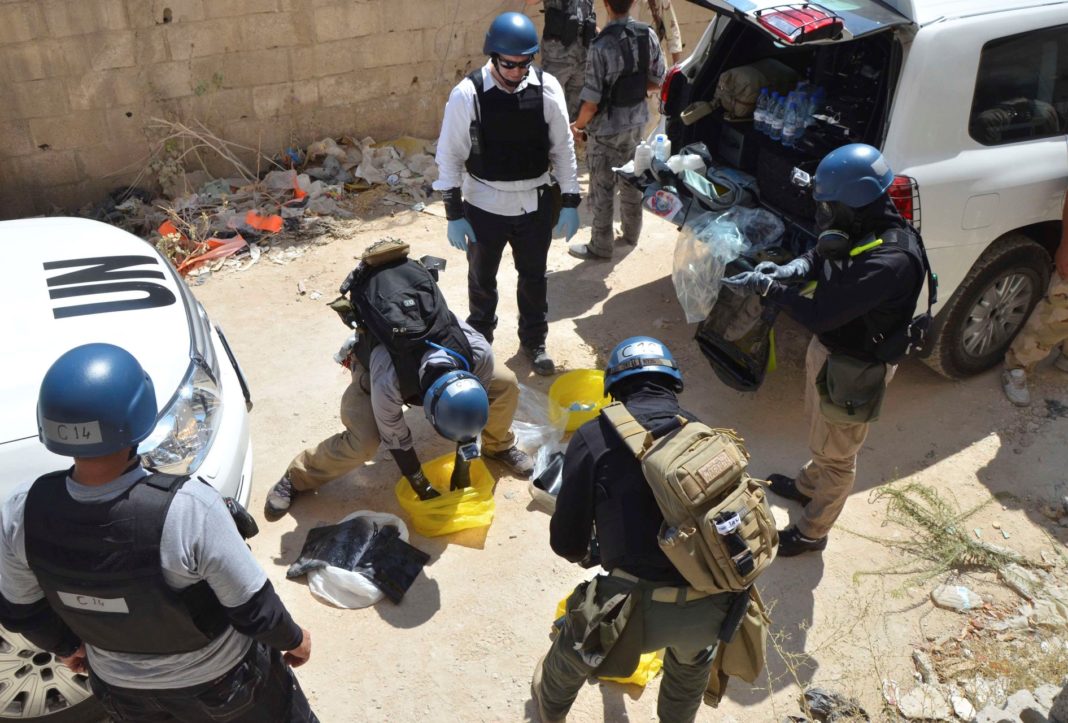A new red line has been crossed in Syria after tens have been killed in a reported chemical attack in the town of Khan Sheikhoun in north-western Syria. No authorship has been claimed but preliminary evidence in the form of testimonies points to the Syrian army. The US, the UK and France have moved to condemn the Syrian regime at the UN Security Council, but Russia and China have exercised their veto on the grounds that the proposed resolutions seek to remove Al Assad from power.
Irrespective of the politics of the Security Council, this new incident raises serious questions and moves the conflict to a new, less predictable phase. For a start, these weapons were supposedly dismantled following the internationally-led destruction programme conducted in the aftermath of the government-led 2013 Ghouta attacks that killed hundreds of people. This new attack puts in question the success of the programme and reduces the likelihood of a similar approach being adopted in the future.
The regime claims a bomb fell on a warehouse owned by rebel groups and blew up their chemical arsenals, not the government’s, but this argument fails on several counts. First, in the absence of an objective investigation it is impossible to verify the government’s claim. Second, Russia opposes any investigation and will continue to veto any such attempts at the UN Security Council. Third, the forces of Al Assad have a precedent of using chemical weapons against the population. And last but not least, the attack was carried in a rebel-controlled area which, in principle, rules out a rebel authorship.
Everything therefore seems to point to the Syrian army, in which case the next question is why use these weapons again and why use them now. Since Russia’s intervention in the conflict in 2015, the government of Bashar Al Assad has turned its fortunes around and has gone from an almost certain collapse to an assured survival and the retaking of previously lost ground. Therefore, this attack does not bring any obvious strategic or tactical advantage to the Syrian army. This leaves punishment or accident as the other two possibilities. Both are credible.
A third hypothesis is whether the attack was carried out to test the new US administration. Russia has long been testing NATO in Europe and their confidence was boosted when former President Obama did not take military action after the first large-scale chemical attack in 2013. So could this be a test for the new US administration, to assess where the new limits are? It is almost impossible to verify this hypothesis. Be that as it may, it puts President Trump’s administration in a very difficult spot.
Trump has long stated that it wants to mend fences with Russia and he has also in the past repeatedly advocated against US involvement in the Middle East. However, ignoring this attack could also send a signal to Putin and the world that the US no longer carries the weight it once did. Trump will be tempted to retaliate to score a political goal and redraw a red line, this time with actions and not just words.


